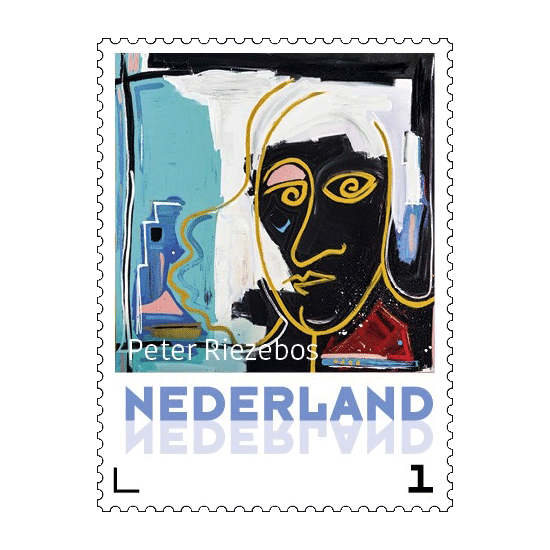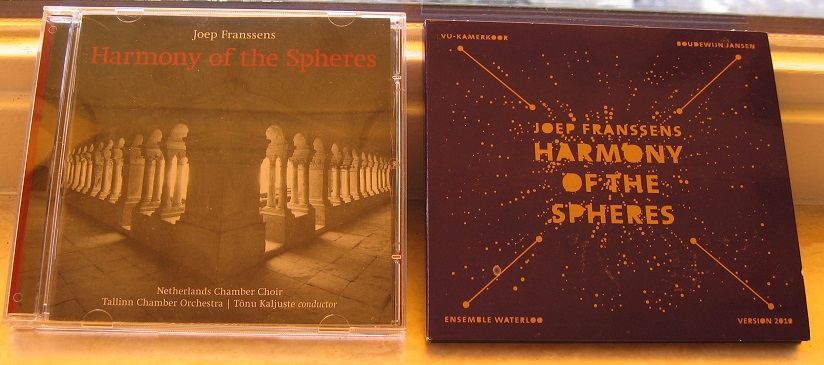In
diverse vroegere blogs wees ik op interessante reviews die Sean Winkler publiceerde
op Bibliographia, zoals van Philip Goff (Ed.), Spinoza on Monism; en van Dimitris
Vardoulakis (Ed.), Spinoza Now (2011)
[cf. blog van 14-12-2014 Review "Spinoza on Monism"] –
en van Joshua Parens, Maimonides and
Spinoza: Their Conflicting Views of Human Nature (2012) [cf. blog van 25-02-2015 “Intermezzo: weer interessante recensie
van Sean Winkler”].
De
genoemde Bibliographia-site en ook de
elders geplaatste PDF's zijn allemaal verdwenen. Jammer, maar zo gaat het met
internet. Maar zie onder... *)
In
dat laatste blog meldde ik dat Sean Winkler in Leuven bezig was met een
dissertatie onder de titel The Power of
the Intellect in the Philosophy of Baruch Spinoza. Welnu, hij behaalde in
december 2016 in Leuven zijn Ph.D. op de dissertatie van inmiddels een andere titel:
A Study of Individuality and Change in
Spinoza’s Philosophy. [Cf. en Cf.] Aldaar alleen door medewerkers van de Univ. Van Leuven
te downloaden; ik haal de beschrijving hier binnen:
In my doctoral thesis, I attempt to provide a
groundwork account of Spinoza’s concept of the ‘individual’. I begin by showing
that Spinoza only provides a definition of individuals in the Ethics and that
he most likely wrote this definition in the latter phase of his composition of
the work. But because he uses the term in a variety of different
contexts---some of which were written during earlier periods of his
philosophical development---, it is unclear how the different formulations of
this notion all fit together. I contend that Spinoza’s account is consistent if
one understands that an individual, whether infinite or finite, cannot be
understood independently of the relations that it forms with other individuals
and that an individual remains self-identical by perpetually adapting or
changing. Thus, I maintain that, for Spinoza, individuals are both relations
and processes. I conclude by arguing that one can only have a true and adequate
idea of the essence of an individual by transcending one’s own individuality. I
present my interpretation over the course of four chapters: 1) a study of the
relation between formal essences and individuals, 2) a study of the relation
between the ratio of motion and rest and conatus of the body, 3) a study of the
self-identity of finite individuals and 4) a study of the possibility of having
true and adequate ideas of individuals.







